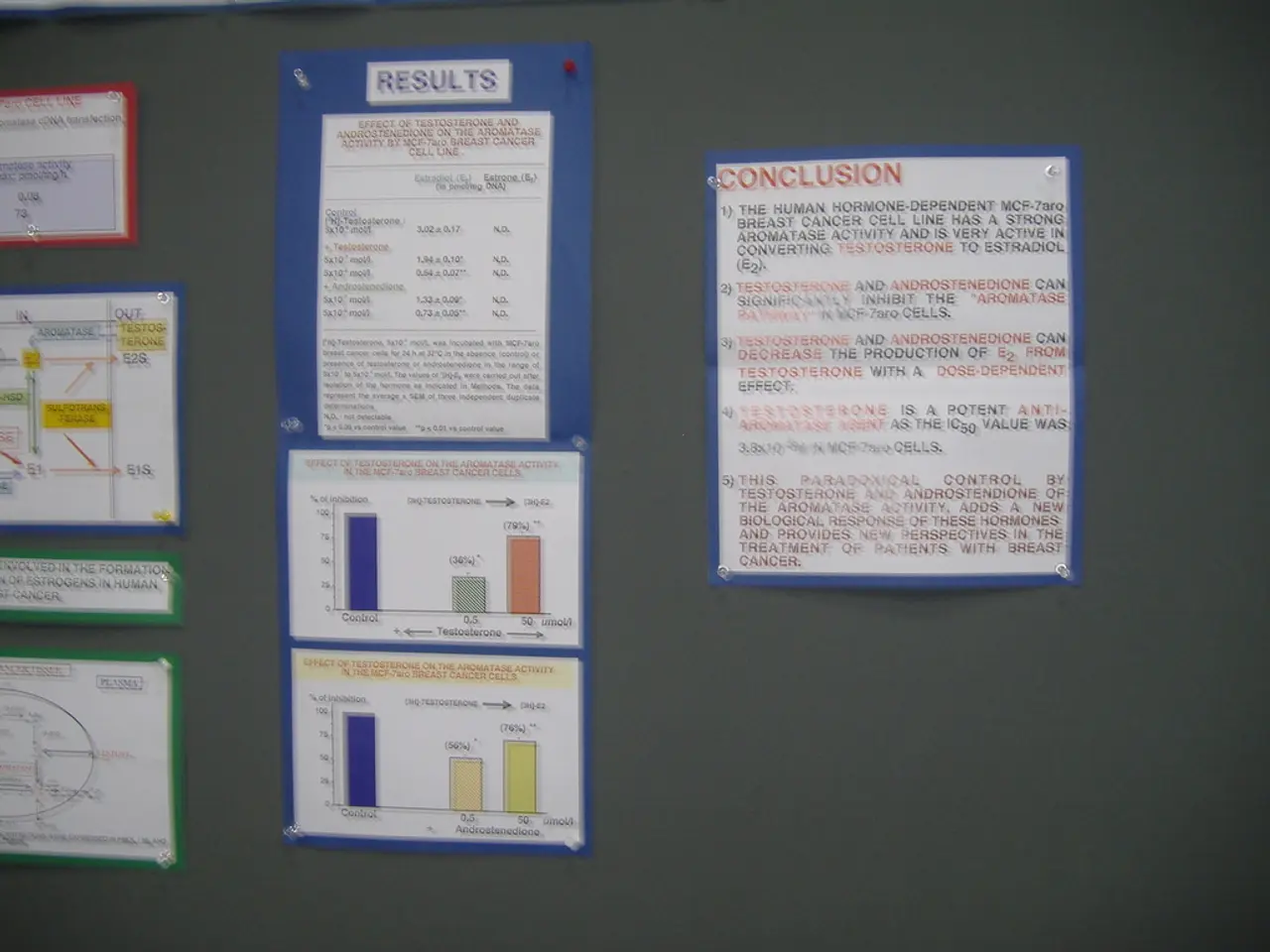Budgetary Desires of Institutional Trustees and Private Equity Magnates in the Mid-Year Assessment by the Minister of Finance
In a significant move, Ghana's Minister of Finance, Dr. Ato Forson, is set to deliver the mid-year budget review on July 24th. The focus of this review is to sustain macroeconomic stability while creating a supportive environment for private equity, institutional investment, industrialization, job creation, and expanding the tax base.
The government is emphasising fiscal discipline, enhancing revenue mobilization, and supporting critical economic sectors. The key priority areas for investors include macroeconomic stability, regulatory and policy reforms for domestic capital allocation, and industrialization, job creation, and expanding Ghana's tax base.
To make it easier for investors to identify viable opportunities that align with national priorities as well as their own risk appetite, the government is linking incentives to the 24-hour Economy policy. This policy aims to encourage businesses to operate 24/7 or invest in industrialization, leading to increased corporate tax revenue and the formalization of more businesses.
The budget review also includes a commitment to improving critical infrastructure, such as reliable power, transportation networks, and digital connectivity. These improvements directly support industrial growth and reduce the cost of doing business. The investment in enabling infrastructure will make domestic enterprise growth more attractive for both private equity funds and pension fund trustees, who are seeking productive, liquid opportunities for their capital.
The National Pensions Regulatory Authority (NPRA) has reaffirmed guidelines and reporting requirements for pension funds to allocate at least 5% of their assets to alternative investments like private equity and venture capital by 2026. This 5% mandate, which could unlock over GH¢5 billion, is a game-changer, shifting pension funds from primarily passive, short-term government debt instruments to long-term, growth-oriented private sector investments.
Directing patient capital to SMEs and high-growth companies enables them to scale, expand production, and invest in human capital, providing a direct boost to job creation, particularly skilled and semi-skilled positions in emerging industries. The investors also want to see accelerated implementation and robust enforcement of regulatory reforms designed to channel domestic capital, especially pension funds, into productive private sector investments.
The budget review is proposing specific tax incentives, such as corporate income tax rebates, VAT exemptions, and streamlined regulatory processes for businesses adopting 24/7 operations. The LP Act is crucial for creating legal certainty and a standardized structure that reduces transaction costs and attracts both local and international investors to Ghanaian funds.
For macroeconomic stability, investors want to see a clear commitment to fiscal discipline, prudent monetary policy, control of inflation, stabilization of the cedi long-term, and reduction of government borrowing from domestic markets. The government has made strides in this regard, significantly reducing public debt, improving fiscal space that can support investment and industrial growth.
In summary, the mid-year review reaffirms fiscal discipline, enhances revenue mobilization, supports critical economic sectors, and implements reforms that collectively create a conducive environment for private investment, industrialization, job creation, and tax base expansion. The Ghana Venture Capital and Private Equity Association (GVCA) is republicated from The Labari Journal, reflecting the renewed focus on private equity and venture capital in Ghana's economic development.
Investors are looking for a supportive environment that prioritizes macroeconomic stability, regulatory reforms, and industrialization to identify viable investment opportunities within Ghana's business sector. The government's intention to link incentives with the 24-hour Economy policy, improve critical infrastructure, and direct pension funds towards long-term, private sector investments is aimed at attracting private equity funds and pension fund trustees.




